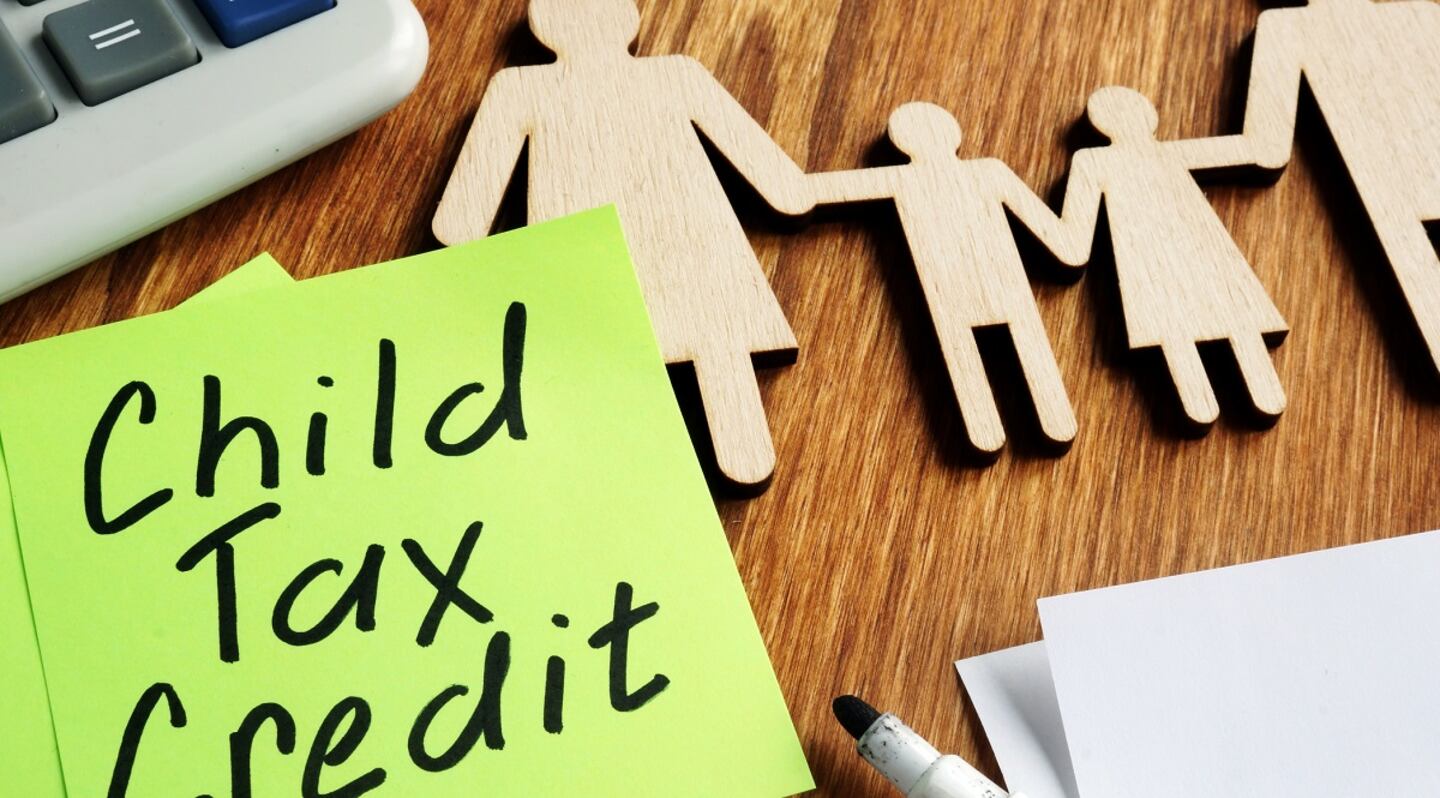The U.S. government has begun sending some parents monthly tax credit payments as part of changes outlined in the American Rescue Plan Act, the stimulus package Congress passed earlier this year.
The child tax credit, which is $250-$300 per qualifying child per month, will undoubtedly help families that are financially struggling. But money expert Clark Howard says there's good reason for some people to be cautious about accepting the money.
What You Need To Know About the Child Tax Credit
The monthly payments are an advance on future tax credits that are already available to qualifying parents.
According to the Internal Revenue Service (IRS), it will “pay half the total credit amount in advance monthly payments beginning July 15. You will claim the other half when you file your 2021 income tax return.”
“These payments that are coming right now are an advance against what you’ll be eligible for on your returns next year,” Clark says.
“What’s happened is that there are any number of specific situations where people will experience what’s going to be a tax time bomb.”
Clark says many taxpayers with children who are expecting a big tax credit when they file next year will instead get a much smaller credit — or none at all — because they’re getting some of it right now in the form of the monthly payments.
And the Internal Revenue Service (IRS) says, depending on your income situation, it may seek to get reimbursed for any child tax credit overpayments.
Who Is Eligible for the Child Tax Credit?
You may be wondering who is eligible to receive the child tax credit. According to the White House, you can qualify for the full $300 credit per child if you're a married couple earning up to $150,000 a year or up to $112,500 a year for a single-parent household.
Not sure if you qualify? The IRS website has a tool that will check your eligibility.
Why You May Not Want the Child Tax Credit Payments
Clark says your personal situation will determine whether the child tax credit is worth it for you to accept or not.
“As a general rule, if you’re a single filer and you have young children and you earn more than $75,000 a year or a married couple with minor children and you earn more than $150,000 a year, there’s danger here in receiving these checks,” he says. “Because you may have to pay back a portion or all of the money when you do your income tax return next year.”
Here’s What You Should Do Instead
You may have already received a payment, but Clark says you can contact the IRS to stop future payments.
“You want to let the IRS know, ‘Thanks, but no thanks’ and discontinue them right away,” Clark says. “The July one you will have received, but you can potentially stop the August payment.”
The IRS has an online portal that allows you to manage the payments including the ability to opt out.
If you want to talk to someone at the IRS for more details, here’s how:
- You can call the IRS at 800-829-1040 from 7 a.m. to 7 p.m. local time.
- You can also use this link to find an IRS local office near you.
Another Option
If you want to keep the money but don’t actually need it right now, Clark recommends that you put it in a place that you can access later (and possibly earn some interest in the meantime).
“You could receive the payments this year, put them into a savings account and know that the money may have to be paid back next year,” says Clark. “Or if you’d be too tempted to spend it, go ahead and let the IRS know that you don’t want the money anymore.”
Final Thoughts
Clark says if you accept the child tax credit payments, you’ll essentially be borrowing money from what you would normally claim as a credit on your 2021 tax returns, which, of course, you’ll file in 2022.
And remember, you will also risk being overpaid by the IRS. The agency can then get reimbursement by reducing your tax refund or, if you owe money, adding to that amount.
As long as you’re sure you want to go that route, that’s fine, but you should know the ramifications so that you can make an informed decision, Clark says.
More Tax Resources From Clark.com:
- IRS Free File: Free State and Federal Tax Filing Options
- 5 Tax Scams You Need To Avoid
- Why You Do Not Want To Get a Big Tax Refund Check
The post Should You Opt Out of Child Tax Credit Payments? appeared first on Clark Howard.









